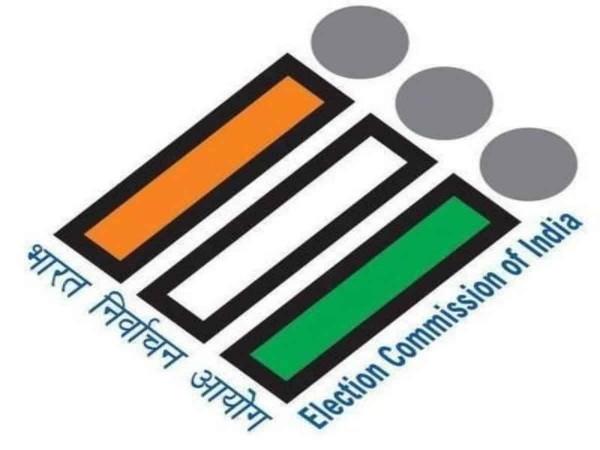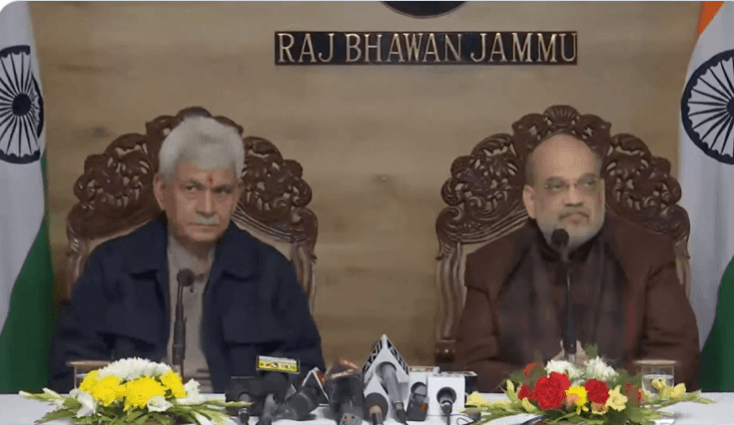High on the heels of upcoming assembly elections, the election commission of India has invited all the political parties to participate in a meeting in Delhi on Monday, January 16. Contrary to rumours about the meeting, it is in reality to demonstrate the functioning of the multi-constituency prototype Remote Voting Machine.
The ECI has developed a remote electronic voter machine (RVM) with migrant voters in mind. On Monday, the ECI will demonstrate the working of the RVM to political parties from all over the country at the upcoming meeting. The invitations were extended to these political parties in December last year.
"A total of 65 political parties including eight recognised national and 57 state political parties have been invited on January 16 to demonstrate the functioning of the multi-constituency prototype RVM," an ECI official from New Delhi said, according to The Dispatch.
An official announcement on the J&K polls is yet to be made, but the current pace suggests it is going to be sooner than later.

Assembly elections in J&K
Political parties in Jammu and Kashmir have started reappearing on the scene as speculations are rife that Assembly elections are likely to be held in the Union Territory either in April or September. Union Home Minister Amit Shah has chaired a series of meetings to seek feedback from the administration and the political representatives about the ground situation in J&K.
The Ministry of Home Affairs taking a keen interest in reviving the democratic process in Jammu and Kashmir is an indication that Assembly elections are in the offing and could be announced soon. After Shah sounded the poll bugle, the entire official machinery swung into action to finalize the preparations for elections. As of date, the electoral rolls in J&K stand finalized and most of the arrangements have been put in place.

After August 5, 2019, when the Centre announced its decision to abrogate J&K's special status and divided it into two Union Territories, the political scenario changed completely.
Leaders of the traditional parties, i.e., the National Conference and Peoples Democratic Party, are aware of the fact that winning elections is not going to be a cakewalk anymore.
The PAGD headed by Farooq Abdullah had announced that it would fight for the restoration of J&K's special status and has no political ambitions. But as soon as the District Development Council (DDC) elections were announced at the fag end of 2020, the PAGD announced contesting the polls collectively. The PAGD, a conglomerate of Kashmir-based mainstream parties, crumbled under its own weight soon after the DDC elections were held and the results came to the fore.
After the Assembly election-related activities commenced in J&K, NC, PDP and other constituents of the PAGD announced that they would contest the polls on their own and there would be no pre-poll alliance.











